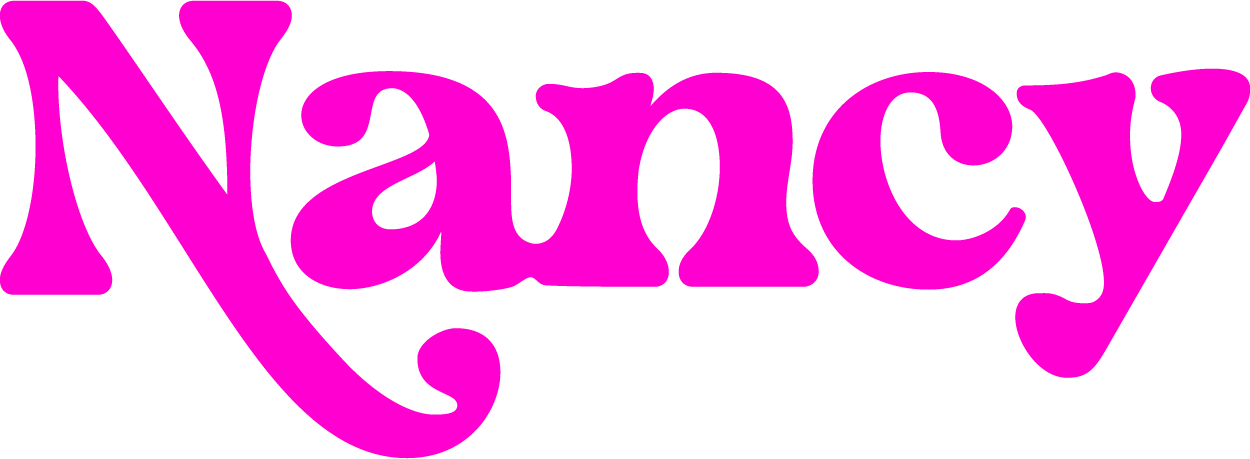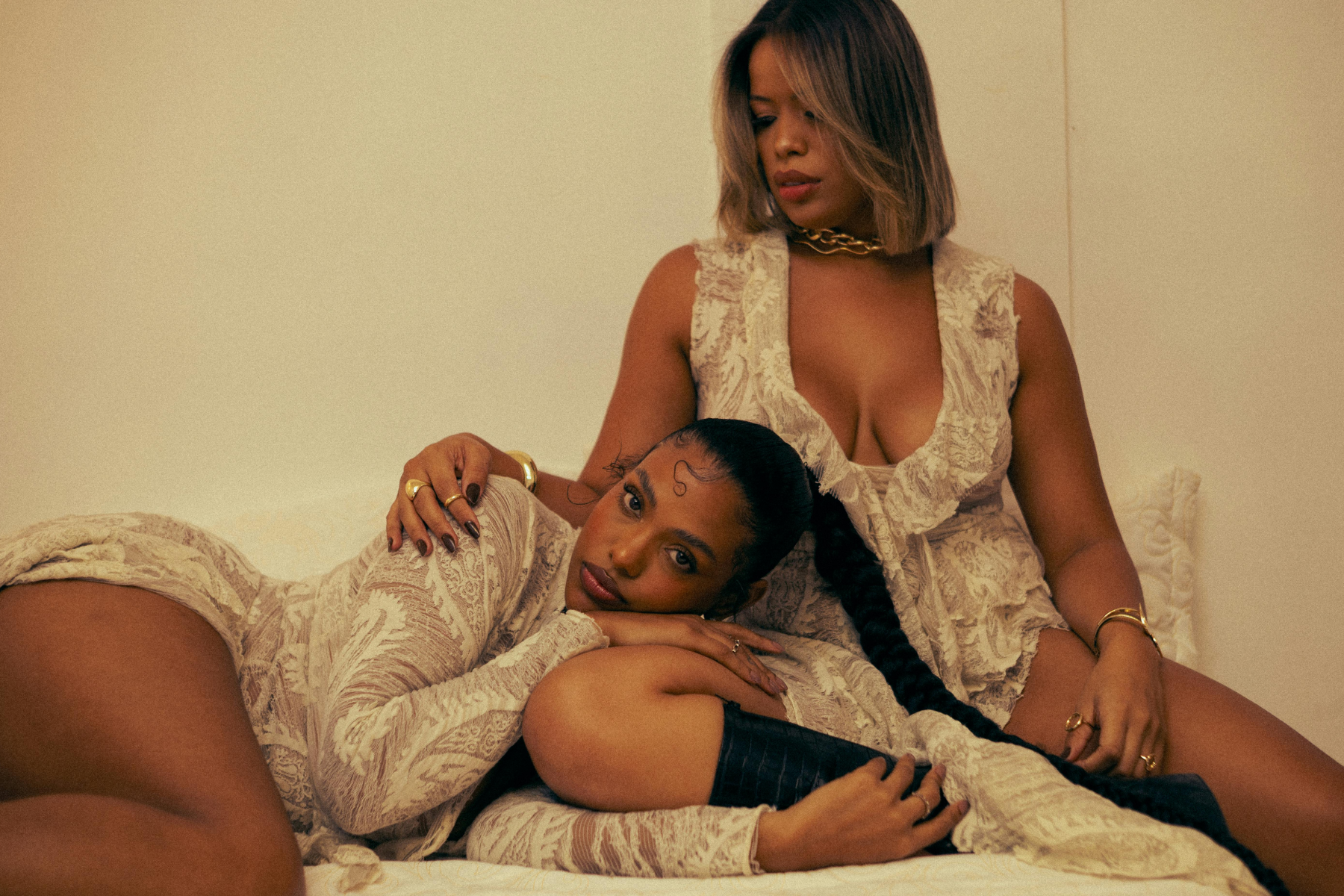Ah, Pride Month! 🌈 That colorful celebration when cities transform into vibrant parades of self-expression, love, and acceptance. But behind the glitter and rainbow flags lies something much deeper: a beautiful journey of understanding identities that transcend simple categories and labels.
Let's be real, sexuality is as fluid and diverse as we humans are. It's not just about checking boxes on a form or finding the perfect word to describe who you are. It's a personal journey that often goes beyond the limits of language itself.
The Evolution of Sexual Identity: More Than Gay or Straight
Remember when the world seemed simpler? When people were either gay or straight, and maybe some brave souls claimed "bisexual" as their identity? Well, honey, those days are long gone!
Recent surveys show that approximately 9% of adults across 30 countries identify as LGBTQ+, with significant generational differences in how people identify. About 3% identify as lesbian or gay, 4% as bisexual, 1% as pansexual or omnisexual, and 1% as asexual. These numbers tell us something important: our understanding of sexuality has expanded dramatically.
Gen Z is leading this revolution, darling. They're about twice as likely as Millennials and four times as likely as Gen Xers and Boomers to identify as bisexual, pansexual, omnisexual, or asexual. This isn't just about being trendy, it's about having the language and freedom to express who they truly are.
Beyond Binary Thinking: The Spectrum of Attraction
Think of sexual identity like ice cream. Some people know they only want chocolate (monosexual), others enjoy both chocolate and vanilla (bisexual), while some delight in any flavor regardless of the category (pansexual), and others might appreciate ice cream aesthetically but don't crave it at all (asexual). And guess what? There are countless flavors in between!
The idea that attraction exists on a spectrum isn't new. Researchers focusing on sexual orientation and gender identity have come to recognize that both constructs are actually best represented on continua rather than as discrete categories, although this perspective is rarely adopted in health science research or healthcare settings serving young people.
Dr. Amelia Rodriguez, a renowned sexuality researcher, explains: "When we move beyond rigid labels, we allow people to explore their authentic selves without artificial constraints. Identity is a deeply personal experience that often shifts throughout one's lifetime."
Why Labels Still Matter (Sometimes)
Now, before you think I'm anti-label, let me stop you right there. Labels can be incredibly affirming and helpful for many people! They provide language, community, and validation. Finding the right word to describe your experience can feel like finally coming home.
Recent research examining sexual identity development shows interesting patterns. Those with newer identity labels such as pansexual and queer reported younger mean ages of first same-sex attraction, self-realization, and disclosure than those with bisexual identities, suggesting that having access to more inclusive terminology may facilitate earlier recognition and acceptance of one's identity.
The issue isn't with labels themselves, it's with how they're sometimes used to put people in boxes or make assumptions about their experiences. Labels should be tools for self-understanding, not prisons that limit growth.
Coming Out in 2025: New Challenges, New Freedoms
Pride Month 2025 comes at an interesting time. The annual celebration serves as a powerful reminder of the importance of acceptance, diversity, and love. It brings together individuals, organizations, and communities to advocate for LGBTQ+ rights and celebrate the progress made towards a more inclusive society.
But let's not kid ourselves, we still have work to do. We continue to see publicly identifying as LGBTQ+ remaining rare in certain communities and professions, with behavior tightly controlled by social expectations. In some places, expressing your identity can still be risky.
At the same time, we're seeing beautiful shifts in how younger generations approach identity. They're more likely to:
- View sexuality as fluid and changing throughout life
- Use multiple or changing labels as they explore their identity
- Reject labels entirely in favor of more personalized descriptions
- Embrace the power of "questioning" as a valid identity in itself
The Science Behind Sexual Fluidity
If you're wondering why we're moving beyond simplistic labels, science offers some insights. Research consistently shows that sexuality isn't as fixed as we once thought.
Dr. James Worthington of the Institute for Human Sexuality states, "Sexual orientation develops through complex interactions between biological predispositions and social experiences. The brain doesn't categorize attraction in the neat boxes our language tries to impose."
This reality can be liberating! It means that feeling confused or experiencing shifts in attraction doesn't make your identity any less valid, it makes you wonderfully human.
Finding Your Authentic Self in a World of Labels
So how do you navigate this complex landscape? Whether you're questioning, exploring, or confidently owning your identity, here are some gentle reminders:
- Your timeline is your own. Studies of sexual minority people across three generations found significant differences in when people reached sexual identity milestones. For example, lesbians in the youngest cohort came out around age 15 on average, compared to age 20 for the middle cohort and age 25 for the oldest cohort, showing how social contexts shape developmental timelines.
- Labels can change. Identifying as bisexual today doesn't mean you can't identify differently tomorrow. Growth isn't betrayal.
- Community matters. Finding others who share or respect your experience can be powerfully validating.
- Privacy is your right. You don't owe anyone explanations about your identity or journey.
- Confusion is normal. Many people experience uncertainty about their identity at some point. It's part of the journey.
Celebrating Pride Month: Beyond the Rainbows
Pride Month isn't just about parades and parties (though those are fabulous!). It's an opportunity to come together and celebrate the vibrant diversity of the LGBTQ+ community. By participating in Pride Month events, supporting LGBTQ+ organizations, and advocating for equality, we can contribute to a more inclusive and accepting society.
In 2025, consider making Pride a time to reflect on your own journey with identity—whether you're LGBTQ+ or not. We all have relationships with gender and sexuality that are worth exploring with compassion and curiosity.
Protecting Yourself in Digital Spaces
One important aspect of identity exploration in 2025 is navigating digital spaces safely. For LGBTQ+ individuals, digital spaces enable people that are not yet out to engage with their gender and sexual orientation. In an age of passive surveillance, it can feel daunting to maintain privacy online, but there are steps you can take to protect your information.
Consider using different browsers for different aspects of your identity exploration, especially if you're not out in all areas of your life. Your digital safety matters!
FAQ: Common Questions About Sexual Identity
Is it normal to question my sexuality even after I've identified a certain way for years?
Absolutely! Sexuality can be fluid for many people, and questioning is a healthy part of self-discovery at any age.
Do I need to pick a label?
Not at all! While labels work wonderfully for some people, others find them restrictive. Your identity is valid whether you have a specific label or not.
How do I know if I'm really [insert identity]?
There's no test or checklist that can determine your sexual identity. If a particular identity resonates with you, you have every right to claim it. And if you later find it doesn't fit, that's okay too!
What's the difference between sexual and romantic attraction?
Sexual attraction refers to who you're physically attracted to, while romantic attraction describes who you develop romantic feelings for. These don't always align, you might be sexually attracted to one gender but romantically attracted to another or multiple genders.
Wrapping Up: Your Identity, Your Journey
As we celebrate Pride Month 2025, remember that understanding sexual identity beyond labels isn't about rejecting them entirely, it's about recognizing that human experience is wonderfully complex and sometimes defies simple categorization.
Your journey is uniquely yours. Whether you embrace specific labels, prefer broader terms, or reject categorization altogether, what matters most is that you honor your authentic self and extend that same respect to others.
Want to make your journey even more exciting? I've handpicked some amazing toys and goodies at Hello Nancy that'll add extra sparkle to your intimate moments.
Here's a little secret, use the code 'dirtytalk' for 10% off! 😉









